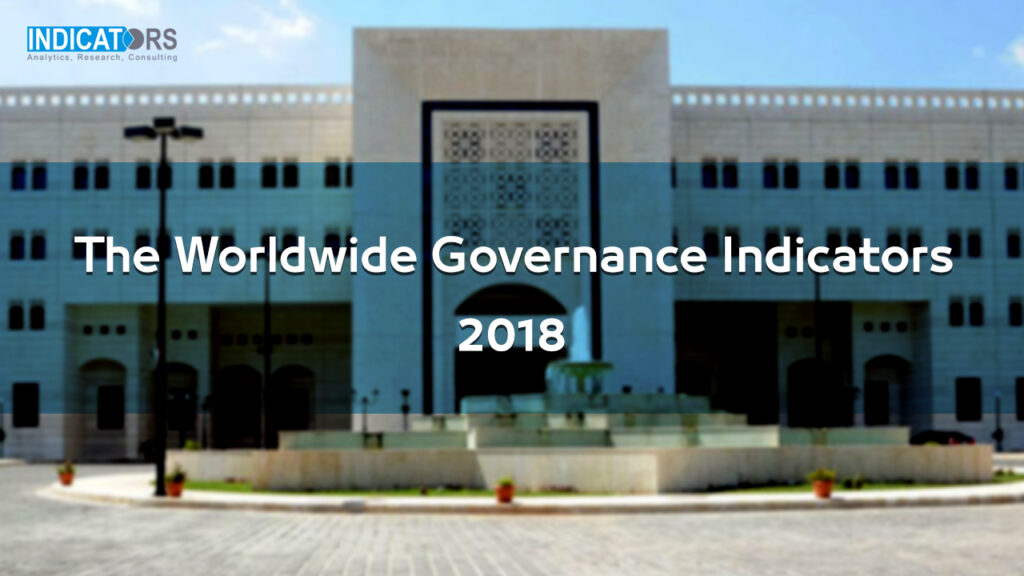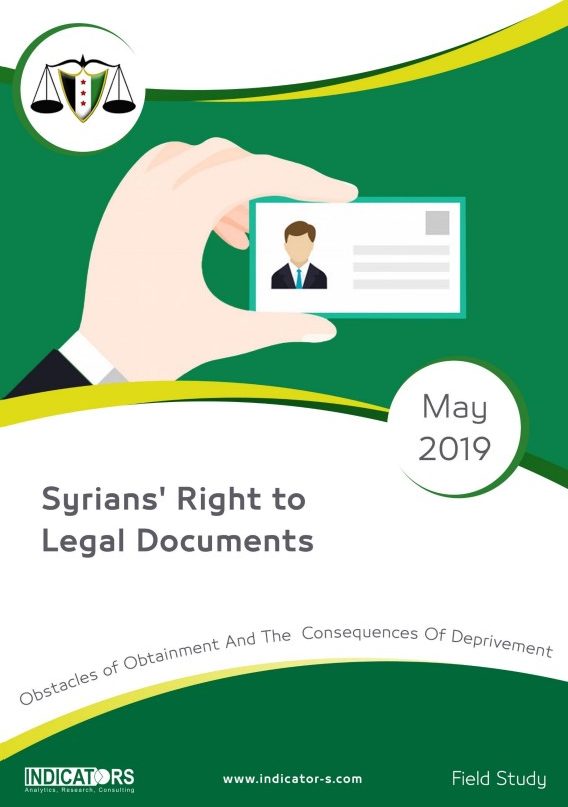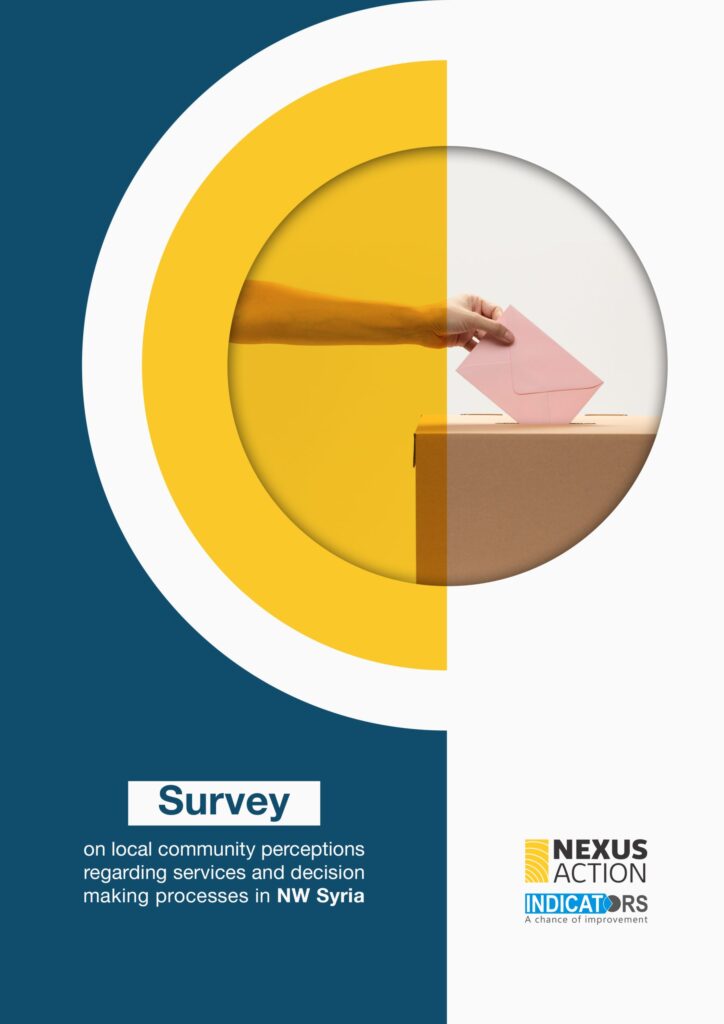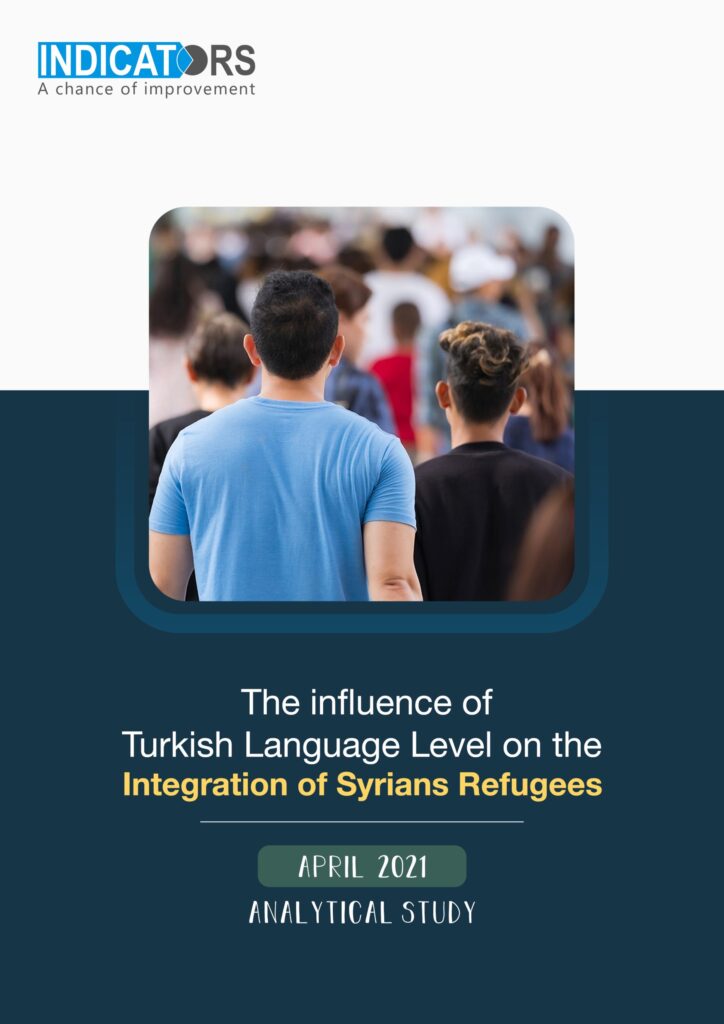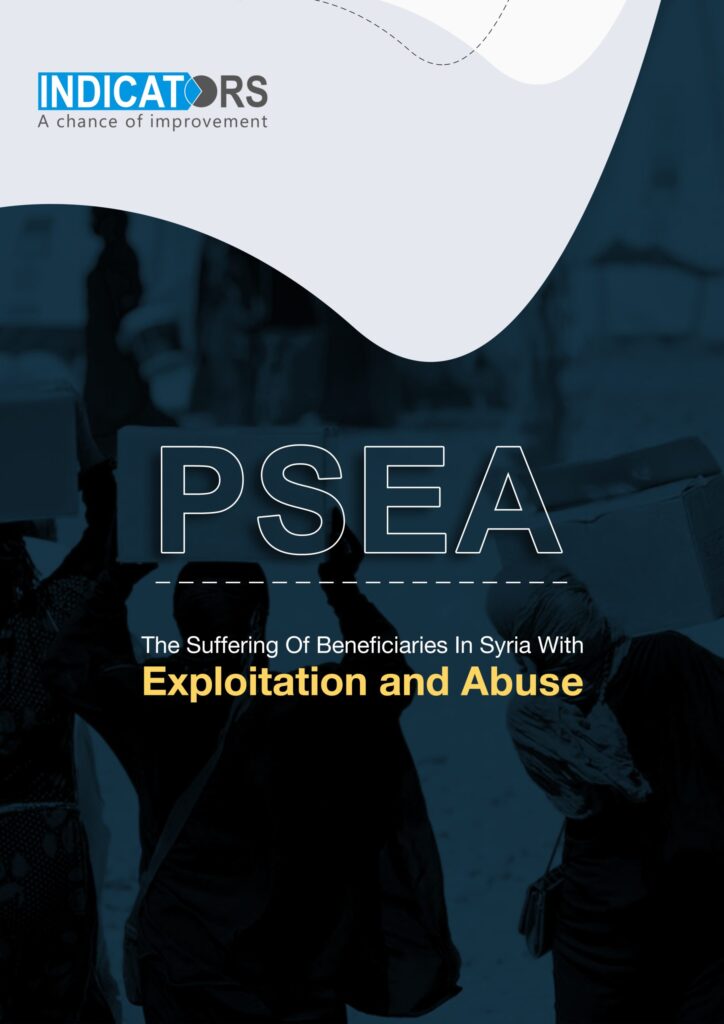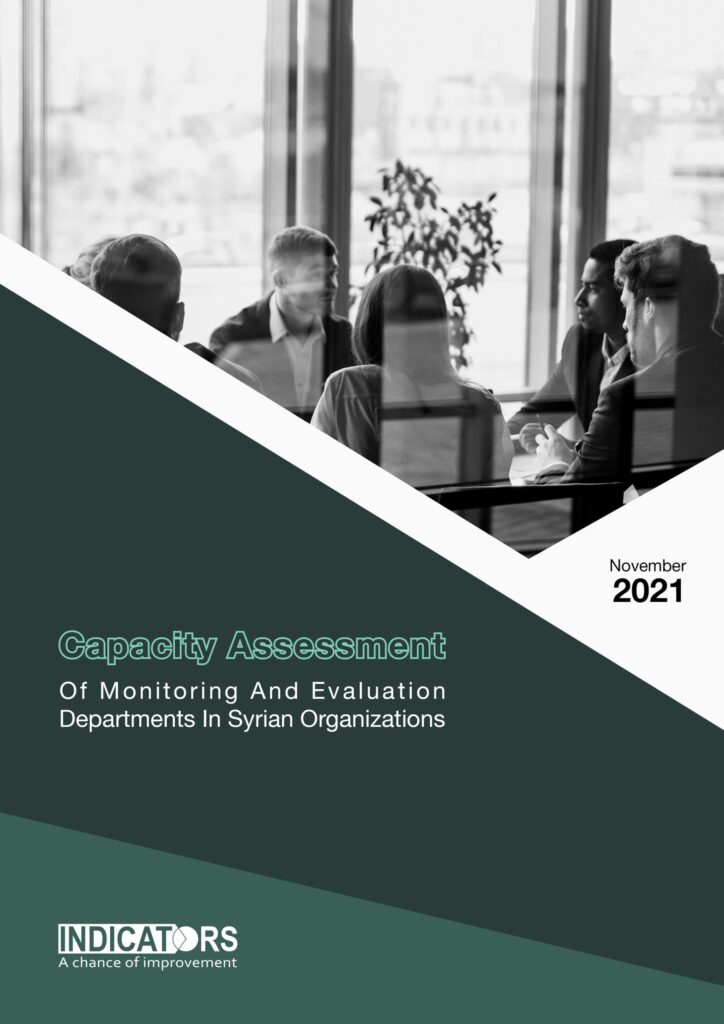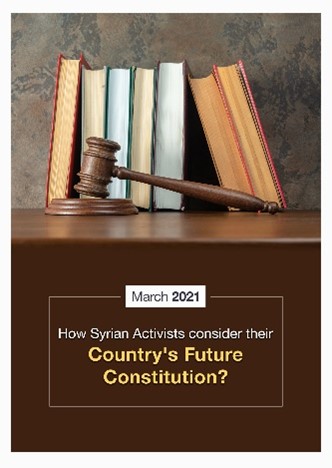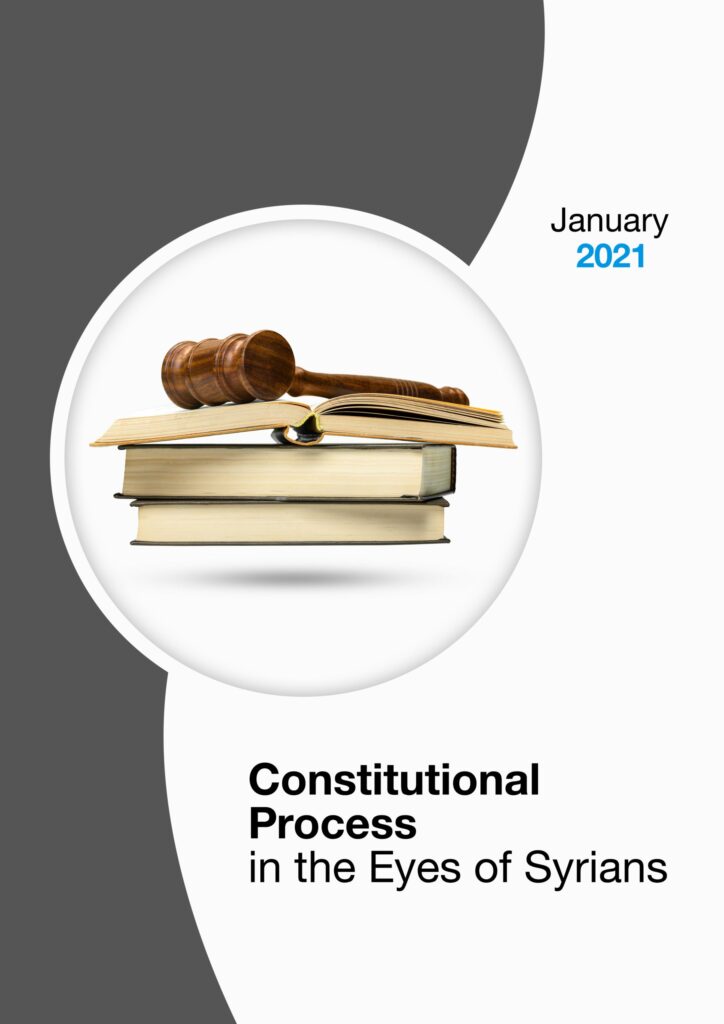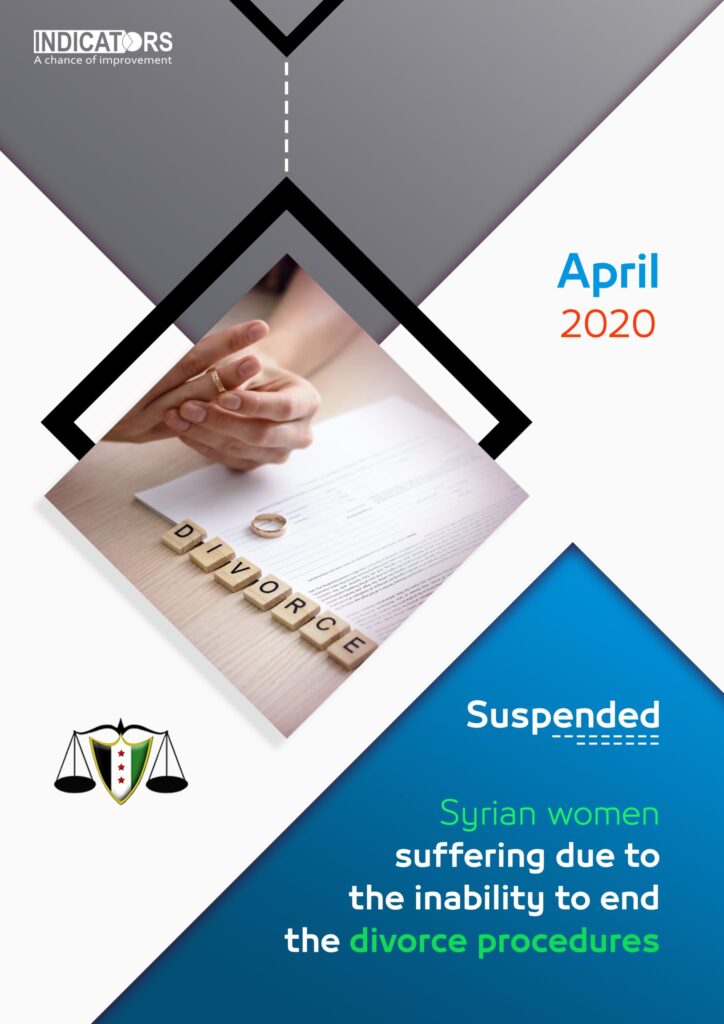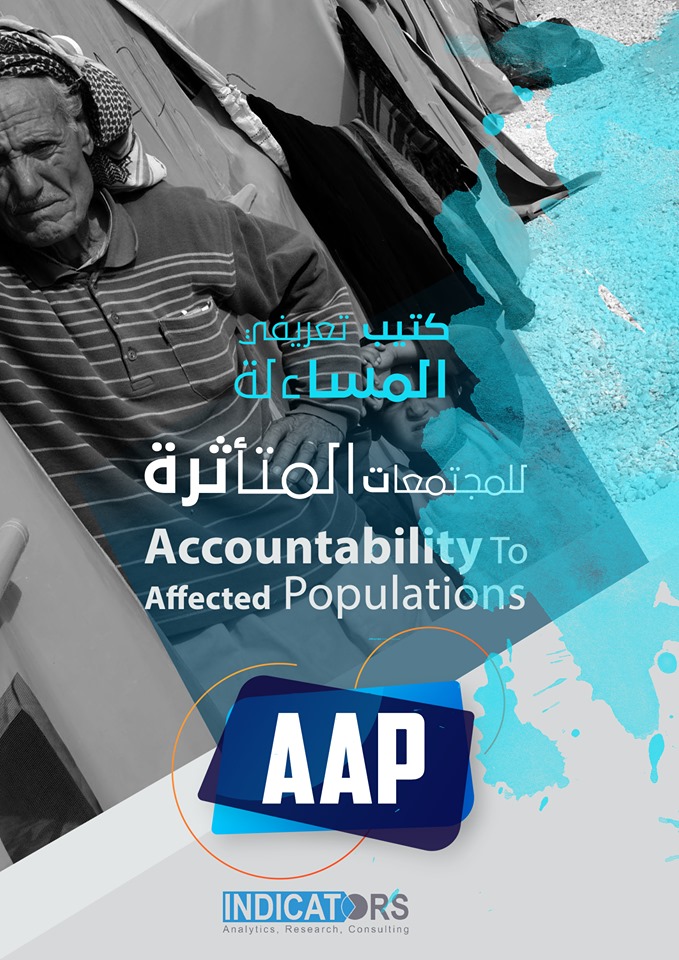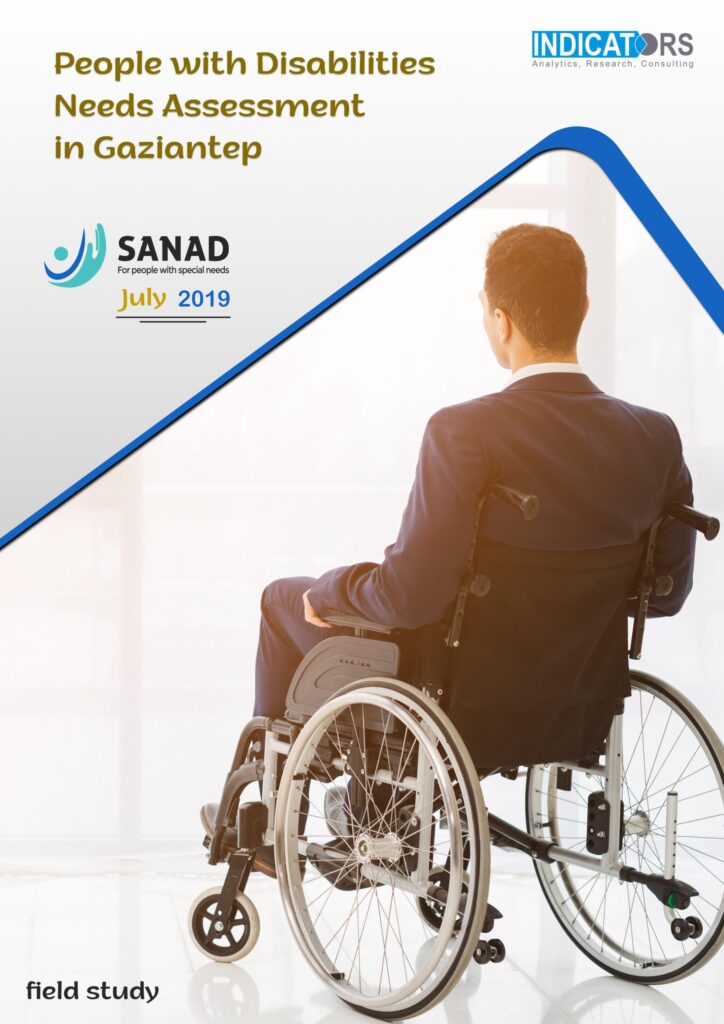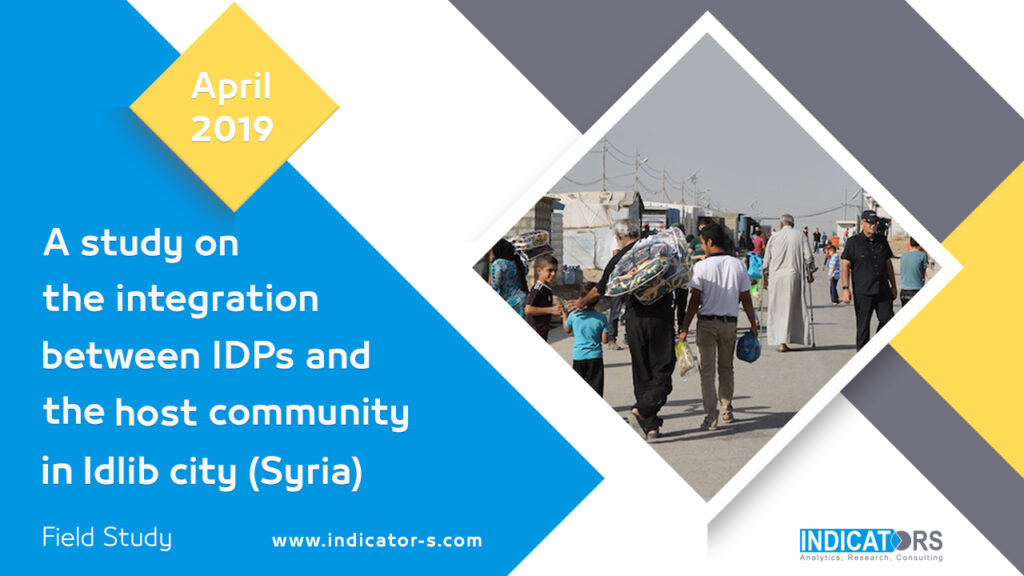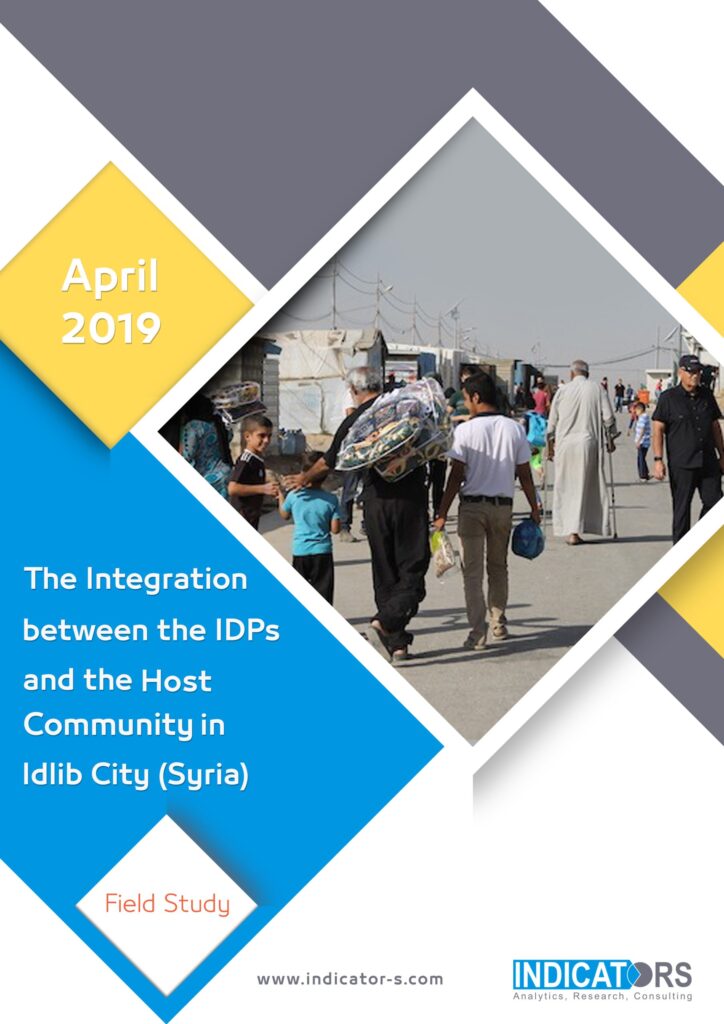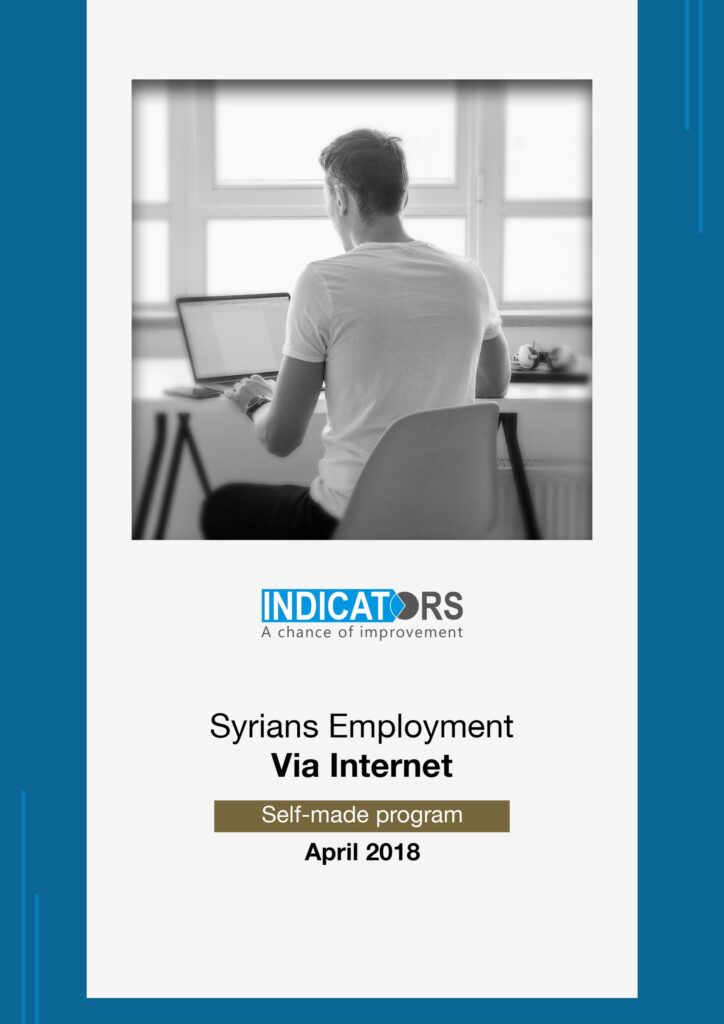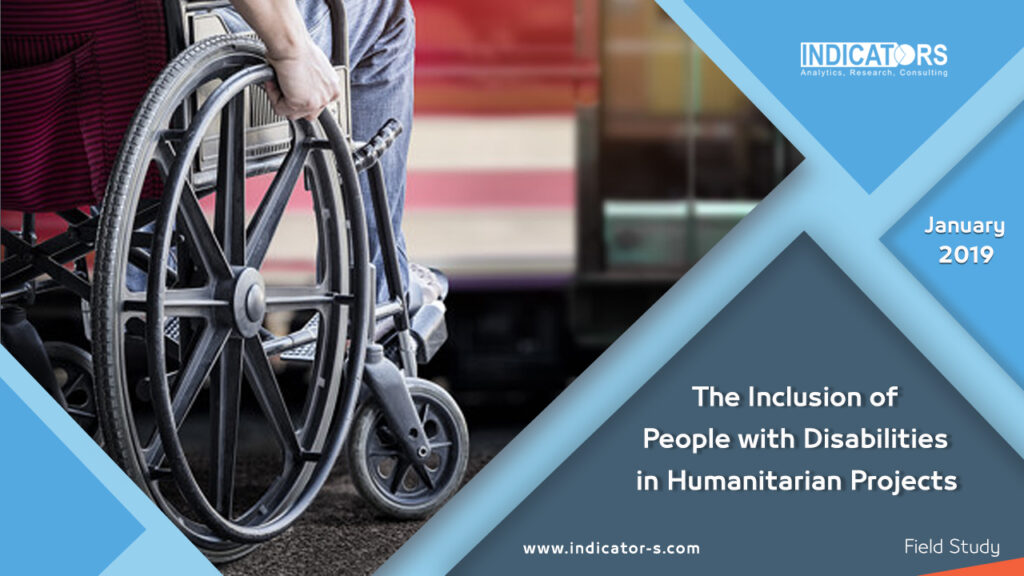
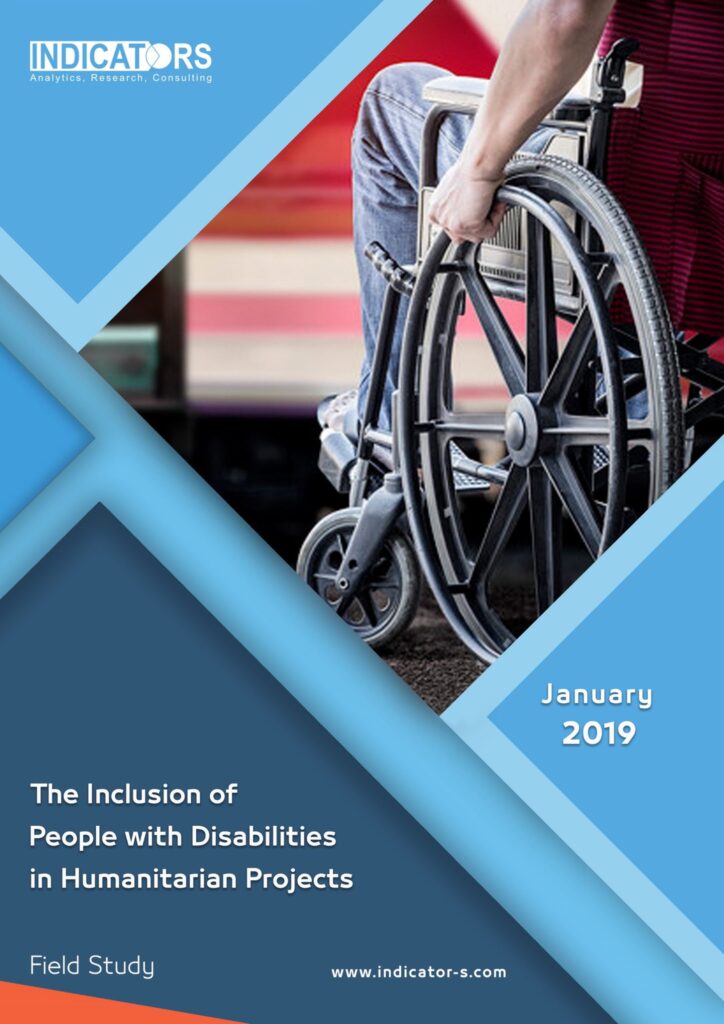
The inclusion of PWDs in humanitarian projects
According to United Nations statistics, 15% of the world’s population has disabilities, and they are suffering from several types of discrimination in their communities, or difficulties resulting in denying them from having equality with other people in having some of their basic rights, such as the right to education, the right to work and the right to freedom of movement. Knowing that all international conventions related to people with disabilities guarantee them these rights and promote equalizing them with other groups of society and states the necessity of removing obstacles that are hindering them from accessing the main services provided.
Regarding the effort to integrate people with disabilities into society and to preserve their basic rights, most countries enact laws that protect them from all forms of discrimination. However, in countries suffering from internal conflicts, where the role of state institutions is absent and their services in the areas that are out of their control are ceased, as in the case of Syria, where these state institutions are replaced by bodies, institutions, non-governmental organizations or humanitarian organizations that carry out the tasks of providing essential services to people affected by crises, without being abided by specific laws, but whose work is governed by the principle of working to meet the needs of the most vulnerable people and people with most urgent needs.
In this context, we wonder about the ability of humanitarian organizations to abide by the principles of humanitarian action, which is based on the need for equality between the groups affected by crises, especially in the Syrian situation, where we have a large number of affected people, including people with disabilities, whose number has significantly increased due to the current war to reach 2.8 million people who are physically disabled according to the United Nations estimates.
Therefore, we will discuss through this study the extent of the humanitarian organizations targeting for people with disabilities through the projects that they are implementing, and the extent to which they consider their most important requirements and needs, and to analyze their ability to identify the people with disabilities and deal with the challenges these organizations face when trying to reach them, with highlighting obstacles that confront people with disabilities in accessing the services provided by those organizations.

